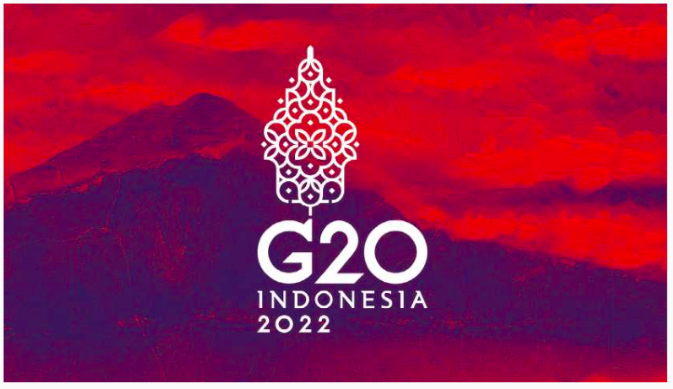Jakarta: United States (US) President Joe Biden and Chinese President Xi Jinping held a bilateral meeting in the Indonesian province of Bali today.
The two leaders spoke candidly about their respective priorities and intentions across a range of issues.
President Biden explained that the United States will continue to compete vigorously with China, including by investing in sources of strength at home and aligning efforts with allies and partners around the world.
President Biden underscored that the two countries must work together to address transnational challenges – such as climate change, global macroeconomic stability including debt relief, health security, and global food security – because that is what the international community expects.
"As the leaders of our two nations, we share a responsibility, in my view, to show that China and the United States can manage our differences, prevent competition from becoming anything ever near conflict, and to find ways to work together on urgent global issues that require our mutual cooperation," Biden said.
President Biden raised concerns about practices in Xinjiang, Tibet, and Hong Kong, and human rights more broadly.
On Taiwan, he laid out in detail that his country's one China policy has not changed, the US opposes any unilateral changes to the status quo by either side, and the world has an interest in the maintenance of peace and stability in the Taiwan Strait.
The two leaders agreed that US Secretary of State Blinken will visit China to follow up on their discussions.
Cek Berita dan Artikel yang lain di Google News
FOLLOW US
Ikuti media sosial medcom.id dan dapatkan berbagai keuntungan



















